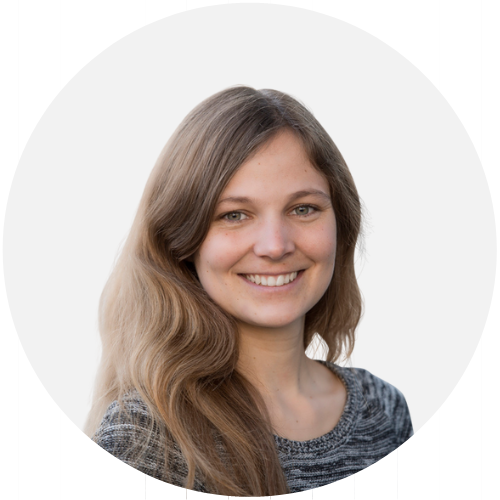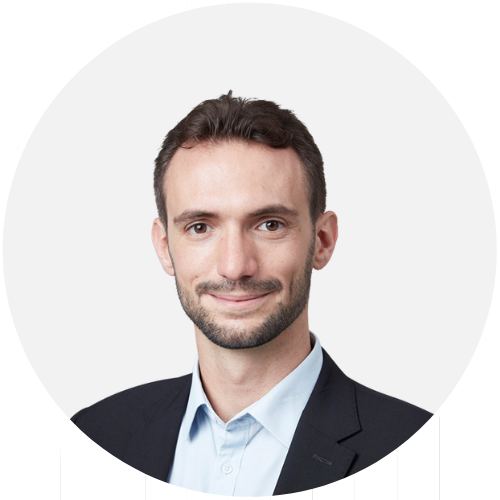September 02nd 2022
BRCCH Image Contest
**update 10 February 2023: Congratulations to the 2022 winners!
The BRCCH warmly invites all BRCCH Early Career Researchers involved in a BRCCH-supported project to participate in the second edition of the BRCCH Image Contest. Submit your images of your scientific work for a chance to win a sponsorship* to attend a scientific conference of your choice.
Images should visually reflect the research done in your BRCCH project during 2022. They could, for example, show lab, clinical or field work, depict certain methods used, or visualise results or data, or show the goals of the project. Winning images will be selected based on aesthetics and alignment with the BRCCH scientific scope.
Please send us your image(s) by email to contact@brc.ch with a descriptive caption and a credit of the image(s) by Friday, 2 December 2022.
Details and conditions at bottom of page.
Last year's winners
The BRCCH received many stunning and inspiring entries in the 2021 contest. Here are the three winning entries.

2021 contest winner Ronja Rappold (ETHZ) who is working on a MIP project. The image shows a mouse cross-section of cecal tissue with food content. It is stained with Hematoxylin and Eosin to visualise the nuclei and the extracellular matrix, respectively. Researchers use these stainings to assess the pathological state of tissues. Visual: Ronja Rappold

2021 contest winner Keith Gunapala (University of Basel) who is working on a PEP project. In this image, human embryonic stem cells were engineered to have 23 chromosomes. These haploid embryonic stem cells can be used to more easily model human diseases and identify therapeutic approaches because having only one copy of a gene to work with makes the results of causation much easier to study. Blue shows DNA within a haploid cell, red indicates histones and green is the centromere of the chromosome. Visual: lab of Nissim Benvenisty

2021 contest winner Michele Gregorini (University of Basel) who is working on a FTC project. In this image, BRCCH researchers are developing an affordable and accurate “rapid PCR test” with the goal of making advanced diagnostics available in point-of-care and resource-limited settings. Visual: Diaxxo AG
About the 2021 Winners:

Ronja Rappold, MSc, is a PhD student working with Prof Viola Vogel and Prof Emma Wetter Slack in the Department of Health Sciences and Technology (D-HEST) at ETH Zurich. She is highly interested in studying how mechanobiological cues affect cell signalling, more particularly the mechanobiological impact on intestinal inflammation. In a Multi-Investigator Project, she is investigating pathology-associated extracellular matrix changes occurring in the gastrointestinal tract and other disease-implicated organs. Using immunohistochemistry and histology techniques, high-resolution imaging and advanced image analysis, she is aiming to find mechanobiological readouts that could be used as early diagnostic markers in rare genetic disorders of metabolism.
With her BRCCH Image Contest prize, Ronja attended the 2022 EMBL Symposium: Mechanobiology in development and disease in Heidelberg, Germany.

With his BRCCH Image Contest prize, Michele attended the 18th Münchner AIDS- und COVID-Tage in Munich, Germany.

Dr Keith Gunapala is a postdoctoral fellow in the lab of Prof Verdon Taylor at the Department of Biomedicine of the University of Basel. In a Postdoctoral Excellence Programme project, His research interests lie in understanding human brain development using organotypic culturing and cerebral organoids. He aims to use these platforms to better understand normal human brain development, neurodevelopmental disorders, and find novel therapeutic strategies. He holds a PhD from the University of Basel in neurobiology.
With his BRCCH Image Contest prize, Keith attended the International Society for Stem Cell Research (ISSCR) 2022 Annual Meeting in San Francisco, USA.
“Attending the ISSCR was a game changer for me. I was able to listen to cutting-edge unpublished work that widened my horizons but directly impacted my project as well. There was one talk about the epigenetics of FMR1 in stem cells which was highly relevant and made me turn my project to a different direction to find potential drug targets. Without the support of the BRCCH I would not have been able to broaden my project without the opportunity to hear that fantastic talk.” - Dr Keith Gunapala
Conditions of submission are addressed below, but feel free to contact us at contact@brc.ch with any remaining questions.
BRCCH Image Contest’s conditions of submission:
- Early career researchers involved in BRCCH-funded projects are eligible to submit image entries.
- Several images can be submitted as a single entry.
- We welcome all types of images (e.g. photography, microscopy, computer-generated images, graphics).
- Minimal resolution of 300 dpi is required and any image file format (RAW, EPS, TIF, PNG, etc) can be submitted.
- If people are shown in the image and are identifiable, they must have given explicit consent to be photographed.
- Images should not show sensitive or confidential information or data.
- Images generated from BRCCH-funded photoshoots are not eligible.
- Images submitted to the BRCCH may be used for BRCCH communication projects (e.g., BRCCH Annual Report, flyers, website). Images will not be used for any commercial or for-profit purpose.
- Images remain the copyright of the researcher. BRCCH will credit the image accordingly.
- BRCCH will never share the images with third-parties (e.g., news media) without the explicit consent of the researcher.
- * Winners of contest receive support to attend a scientific conference of their choice with justifiable costs reimbursable up to a maximum of 500 CHF.